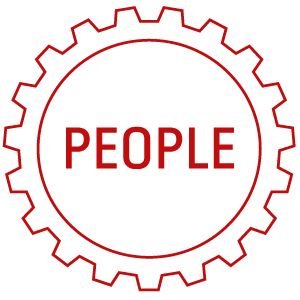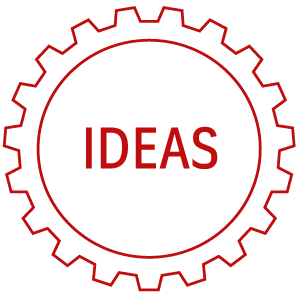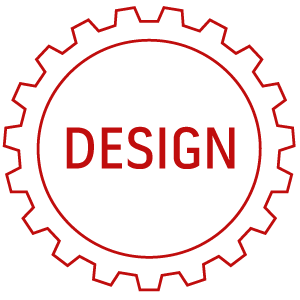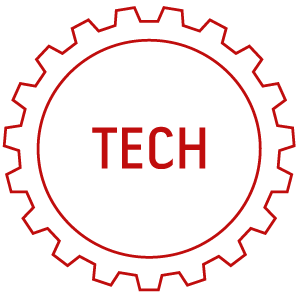
A startup is a company that is born with "special" and very ambitious rules and goals. That is why it does not have slowness but speed in its DNA, not small steps but leaps with its own energy. A startup, however, is not a leap in the dark, a "we'll think about it on the way" or a "let's see how it goes." A startup asks for trust (from collaborators and partners, from investors, from the ecosystem...) and must give commitment and responsibility in return right away.
The rules of the market and success are the same for every business, but in a startup there is even less room or resources for excuses and things not done as well as possible.
At Startalia, we believe that the success of a startup is only possible if from the very beginning the project is set up and conducted according to the right principles, proper methods, and the right techniques.
Design Thinking, Human Centered Design, Service Design, Lean, Agile, are methods and techniques that have proven their value and effectiveness in the most critical project contexts and are even more so in the startup environment, especially in the early stages, when the work to be done is huge and the resources inevitably limited.
Startalia operates according to PIDT principles:

Design for people, always keeping them at the center of the process, always as the goal and never as the means. The starting point must always be people's needs, opportunities and desires, never a solution in search of a problem.

A startup needs ideas. It is useless to fool oneself that anyone can create and grow a startup: there are special people who can imagine scenarios and solutions for needs and opportunities, people capable of great insights and great project ideas where others stop in the face of difficulties.

Design is not a discipline but an attitude. One can be a product designer, a service or process designer, a system or interface designer: design is a unicum that can be declined in hundreds of different ways but whose principles are unique and always applicable. Especially in the context of a startup, especially when resources are not infinite and time is the most precious resource, design is a key factor in sustainability and success.

We live in fantastic times in which advanced technologies are now accessible at reasonable cost to almost everyone. We can have materials and machines to process them that were unthinkable just five years ago. But to make a further quantum leap we need skills and experience, study, application and driven engineering skills. Only then will it be possible to build the products and services of the next 30 years.
